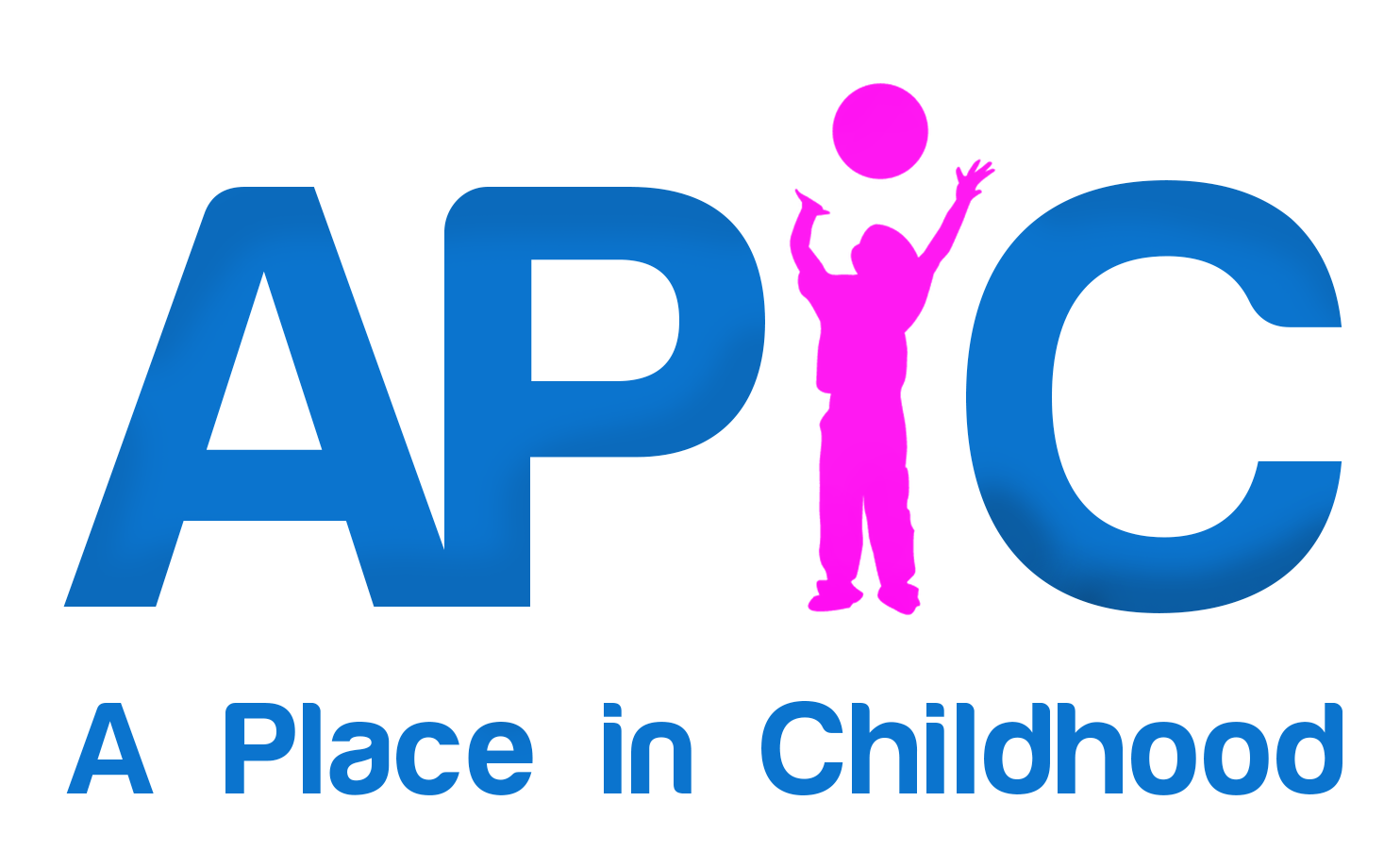APiC’s Response to National Planning Framework 4 Call for Ideas
This blog sets out how the Scottish planning system can become more child-friendly. It summarises our response to Scottish Government’s ‘Call for Ideas’ for the National Planning Framework 4 (NPF4), which will be the overarching framework that sets out statutory responsibilities of planning at all levels.
APiC has always been committed to advocating for the human rights of children to be included and addressed through the planning system. Our previous blogs have set out what a child-rights-respecting planning system would look like, and how children’s views must be considered meaningfully across Scottish planning processes.
With the COVID-19 pandemic, where children and young people are experiencing increasing difficulties, this is now more important than ever. We have a valuable opportunity to transform spaces, places, and processes for children and young people. This could define better lives for entire generations and set Scotland apart as a truly rights-respecting nation. You can find our full response here.
APiC’s Vision for NPF4
We want to see Scottish planning deliver inclusive, child-friendly environments, where children and young people have opportunities to play, study, travel and live freely and safely. This includes both new developments and existing places, where we want to see places designed and developed in collaboration with children and young people to support their rights and wellbeing.
Recommendations for a Child-Friendly Scottish Planning System
Our recommendations are based on the conclusions of our recent research report published with the RTPI and ZCD Architects – Child Friendly Planning in the UK – A Review. We have taken these findings and applied them to the context of NPF4 and the Scottish planning context.
| Summary of recommendations and proposed policies | |
| Recommendations | Proposed Policies |
| Recommendation 1: NPF4 should confirm children and young people’s rights to be included in planning decision-making. | Involving children and young people in decision making |
| Recognising diversity and difference in children and young people’s participation | |
| Engaging children and young people in development planning and management processes | |
| Prioritising children and young people’s views in the planning system | |
| Requiring policies designed by children and young people | |
| Recommendation 2: NPF4 should give central prominence to children and young people’s needs for movement and independence. | Giving due consideration to children and young people’s mobility |
| Reducing the dominance of the private vehicle | |
| Securing children and young people’s access to public transport and active travel | |
| Recommendation 3: NPF4 must ensure that play, recreation, leisure and assembling in public space is at the heart of what Scottish planning policy and decision-making delivers for CYP, including ensuring the use of Play Sufficiency Assessments and Action Plans. | Using Play Sufficiency Assessments in Scottish Planning |
| Drawing up hierarchies of play and recreation that move beyond parks and playgrounds, to recognise the role of wider public space | |
| Integrating Play Sufficiency Assessments into development | |
| Recommendation 4: NPF4 should support local and regional planning policy and new developments proposals that aim for desirable social and health outcomes | Supporting the creation of healthy and equitable places |
| Using Equalities Impact Assessments and Children’s Rights and Wellbeing Impact Assessments (CRWIAs) in development planning and management | |
Underlying Principles
At the core of our response are the principles of Susan Fainstein’s Just City Model. This seeks to bring social justice to the core of planning. We believe Scottish planning should focus on achieving the following three outcomes: equity (fairness in opportunities and outcomes), diversity and democracy.
Prioritising equity, diversity and democracy in planning ensures the outcomes of plans and new development meet as many needs as possible and lead to a more socially just city. In APiC’s view, we need to ensure NPF4 prioritises children and young people’s participation, and is supported by strong policies Moreover, the compelling evidence we already have around what makes environments child-friendly means we can enact meaningful outcomes immediately. The fact that child-friendly cities are also healthy, sustainable and inclusive cities cannot be ignored.
We are keen to be a proactive partner in developing and implementing NPF4. We consider it a significant opportunity to build on the policy ambitions set out under previous planning policy frameworks to improve the lives and wellbeing of young citizens through a robust child-friendly Scottish planning system.
For further information on creating a child-friendly Scottish planning system, please contact us at info@aplaceinchildhood.org.
